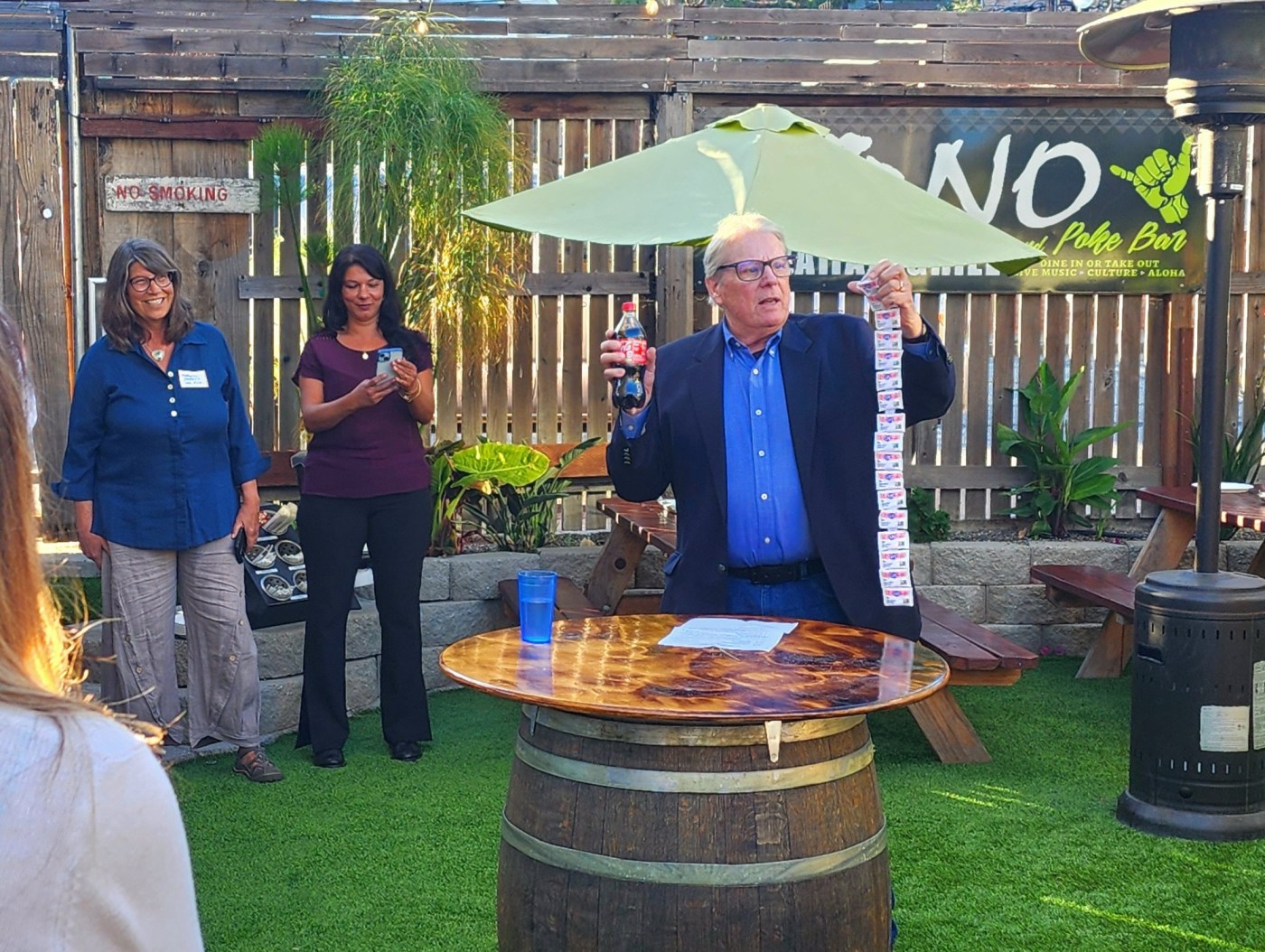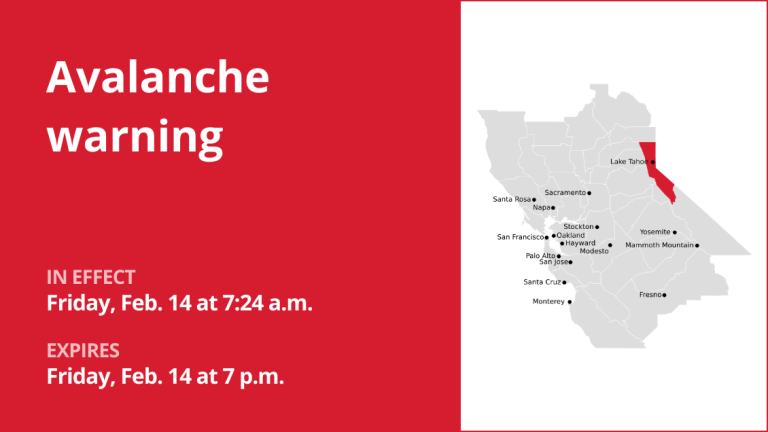SANTA CRUZ — With the final certification of votes by the Santa Cruz County Clerk Tuesday afternoon, the ballot initiative in the city of Santa Cruz known as Measure Z, or the Sugar-Sweetened Beverage Tax, has officially passed.
According to the Santa Cruz County Elections Department, 15,780 votes were counted in favor of the ballot initiative, or about 52%, and 14,364 votes, or approximately 48%, were counted against the passage of Measure Z.
The Yes on Measure Z for a Safe and Healthy Santa Cruz campaign was led by Santa Cruz City Councilmembers Martine Watkins, Sonja Brunner and Shebreh Kalantari-Johnson, who expressed their gratitude toward community members, volunteers and organizations that supported the effort.
“We are incredibly proud of the hard-fought campaign for Measure Z and deeply grateful to the voters of Santa Cruz for their support,” said Watkins. “This victory represents a collective stand for public health, community well-being and the power of local democracy.”
Kalantari-Johnson added, “Despite being outspent $1.9 million to our $85,000 by corporate special interests, the people of Santa Cruz stood strong and made their voices heard. This outcome is a testament to the strength of community organizing, the dedication of community advocates and the commitment of our residents to create a healthier future for all.”
Steve Maviglio, spokesperson for the opposition group called Campaign for an Affordable Santa Cruz, pointed out that the race was a close one, with the measure passing by about 1,400 votes, and that the tax could face legal challenges moving forward.
“State law governs this matter, and the law says local taxes on groceries are illegal in California,” said Maviglio. “The fact that the vote is this close shows that even in the most progressive communities in California, voters are standing up to a regressive tax that hurts working families, local businesses and their employees. This is no surprise given the strong support for the statewide ban on local grocery taxes passed in 2018 by the legislature, and we are grateful for the progressive leaders, labor unions, small business owners, students and residents who came together to keep Santa Cruz affordable and oppose this unfair tax.”
The history of the sugar-sweetened beverage tax in the city goes back to 2018 when a 1.5-cent-per-ounce sugary drink tax ballot initiative, championed by Watkins and others, was approved by the Santa Cruz City Council to go to a vote by city residents that November.
The initiative was brought to an end two days later when then-Gov. Jerry Brown signed the Keep Groceries Affordable Act into law in June 2018 that prevents taxes on grocery items until 2031, and included a penalty provision that would take away all of a city’s sales and use tax revenue if any charter city attempted to implement a grocery-related tax such as a soda tax.
After the act was passed, then-Santa Cruz City Manager Martin Bernal suggested the measure be taken off of the 2018 ballot in fear of the penalty, and it was removed by the City Council.
In 2020, a lawsuit was filed by Jarvis, Fay & Gibson, LLP on behalf of Watkins and Fresno-based nonprofit Cultiva La Salud. ChangeLab Solutions and the American Heart Association also supported the legal action. In fall 2021, the Sacramento County Superior Court ruled that the Keep Groceries Affordable Act’s penalty provision was unconstitutional and unenforceable. The state then appealed the court’s decision.
Related Articles
Nikki Fortunato Bas to resign as Oakland council’s president, setting stage for April election
Map: California’s new House delegation, after 3 districts flipped to Democrats
Antioch mayor reflects on achievements amidst challenges
Conservative legal group lawsuit says California voter rolls are ripe for fraud
Democrat Adam Gray wins election to U.S. House in California’s 13th Congressional District, beating incumbent John Duarte
In March 2023, the California Third District Court of Appeals upheld that the penalty provision in the law was unconstitutional and unenforceable, which allows charter cities such as Santa Cruz to put sugary drink tax initiatives to a vote without penalty. Although the penalty provision for violating the act is not enforceable, the law remains on the books.
Now that the initiative has passed, a general excise tax of 2 cents per fluid ounce will be paid by distributors of sugar-sweetened beverages in the city of Santa Cruz, with a small business exemption for those distributors with less than $500,000 in gross annual revenues. Some beverages are exempt from the tax such as those containing less than 40 calories per 12 fluid ounces of beverage, milk products, drinks with natural sweeteners such as honey, baby formula, alcoholic drinks and beverages intended for medical use or as a meal replacement.
The tax is estimated to generate about $1.3 million annually for the city’s general fund. The tax revenue will be allocated by a seven-member community oversight panel, yet to be established, consisting of members from sectors such as health and education.
“Together, we can build a future where the health of our children and neighbors comes before corporate profits,” said Watkins. “Thank you to everyone who stood with us in this journey. This victory belongs to Santa Cruz, and it reflects the very best of what we can achieve when we work together.”
To see the official election results in Santa Cruz County, visit votescount.santacruzcounty.gov.












